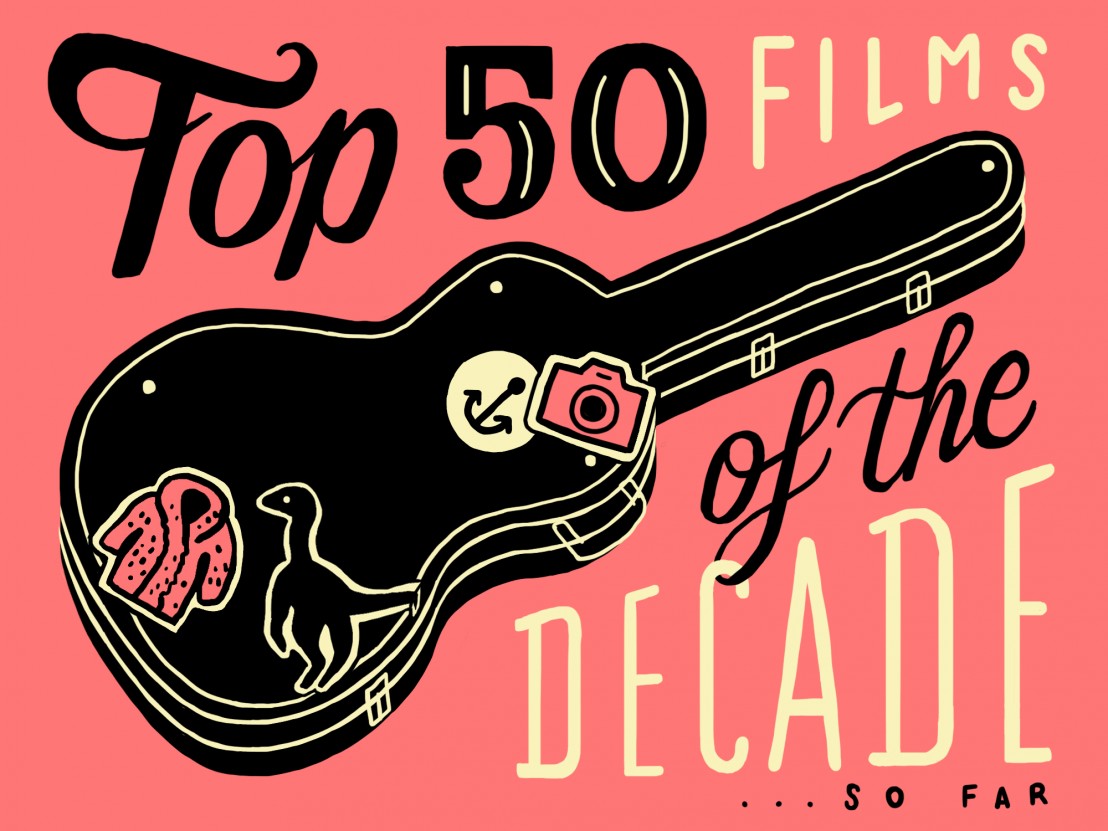
If you’ve missed the first part of our countdown of the best films of the decade so far, here’s what you need to know: recently we asked our regular contributors to provide their personal top 10s based on movies released during the first half of the 2010s – the individual results of which you can check out at the bottom of this page. Read on to find out what’s been voted in at number one…
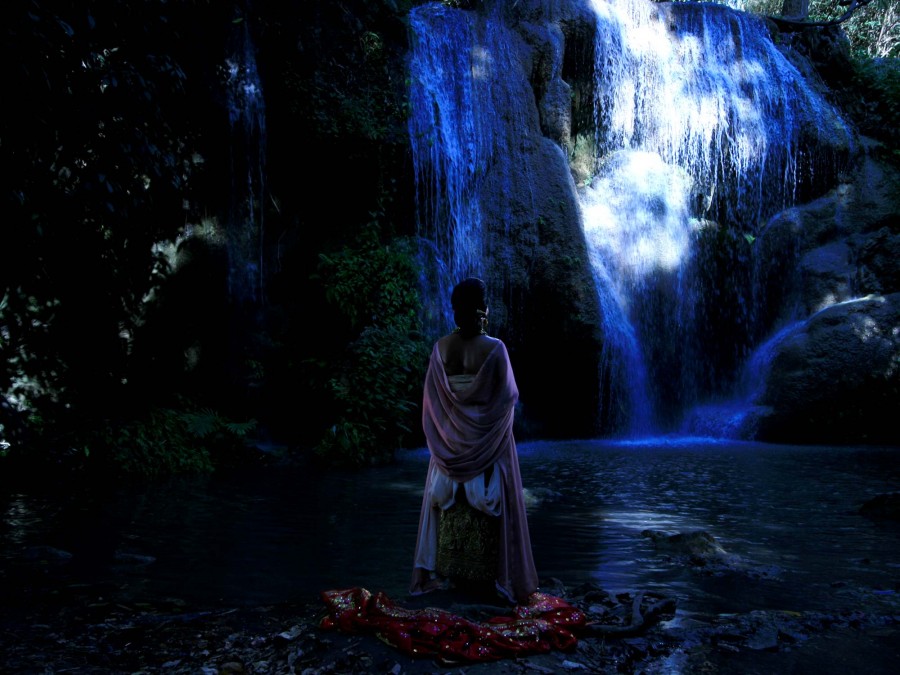
Q. What’s the best thing Tim Burton has done in the new millennium? A. Awarding the Palme d’Or to Uncle Boonmee Who Can Recall His Past Lives. Apichatpong Weerasethakul’s exotic, erotic excursion into an enchanted Thai jungle transcends time and geography to explore the lives of people both dead and alive, real and fictions, human and animal – and sometimes even combinations of the two. The catfish princess cunnilingus sequence remains a saucy highlight. Read the review
Austria’s Mr Austere arrived at the 2012 Cannes film festival with a cinematic award season battering ram in the form of his 10th directorial work, Amour. From when it first unspooled, there was no doubt that victory was a fait accompli, such was the verve and finesse with which Haneke unravelled this simple, terse tale of a middle class couple living out the final days of their lives in a cosy Parisian apartment. The process of physical and mental decay is depicted with a measure of cautious sentimentality as yet unseen in the director’s body of work, and the film is nudged to greatness with the help of its two astounding leads, Jean-Louis Trintignant and Emmanuelle Riva. Read the review
If we’re allowed to wheel out that critical cliché “a true original” just once for this survey, then let’s do so for Leos Carax’s aggressively doolally Holy Motors. It stars the director’s muse and alter-ego, Denis Lavant, as a corporate stooge whose job involves travelling around Paris in a white Limo and adopting various guises along his strange tour of the capital. Some see it as a profound distillation of what it means to make movies, some as a rambunctious spectacle of transgression and beauty, while others see it as a bunch of random cobblers. Read the review
When James Gray’s The Immigrant premiered at the 2013 Cannes Film Festival, there were simultaneous cat-calls of “masterpiece!” and “garbage!” at the very second its credits faded onto the screen. And this classically-inclined saga concerning Marion Cotillard’s Polish immigrant attempting to make a life for herself in 1920s New York remains to this day as divisive as it was deemed by those hot-headed critics, utterly beloved by some, while others glance upon its golden-hued frames with shrugging indifference. See it and decide for yourself. Read the review
The problem that comes with getting better with each subsequent movie is that you’re waiting for the inevitable drop-off to occur. Thankfully, this hasn’t been a problem for French director Mia Hansen-Løve who, in 2015, delivered her best film yet in Eden, an intimate chronicle of what it means to ascribe to that hackneyed old credo, “live your dreams”. Taking place in the world of ’90s French house music, the impressiveness of the film’s historical interpretation and attention to detail ran second to its grand and melancholic philosophical musings, which climaxed in one of the most oddly moving grace notes of the new millennium. Read the review
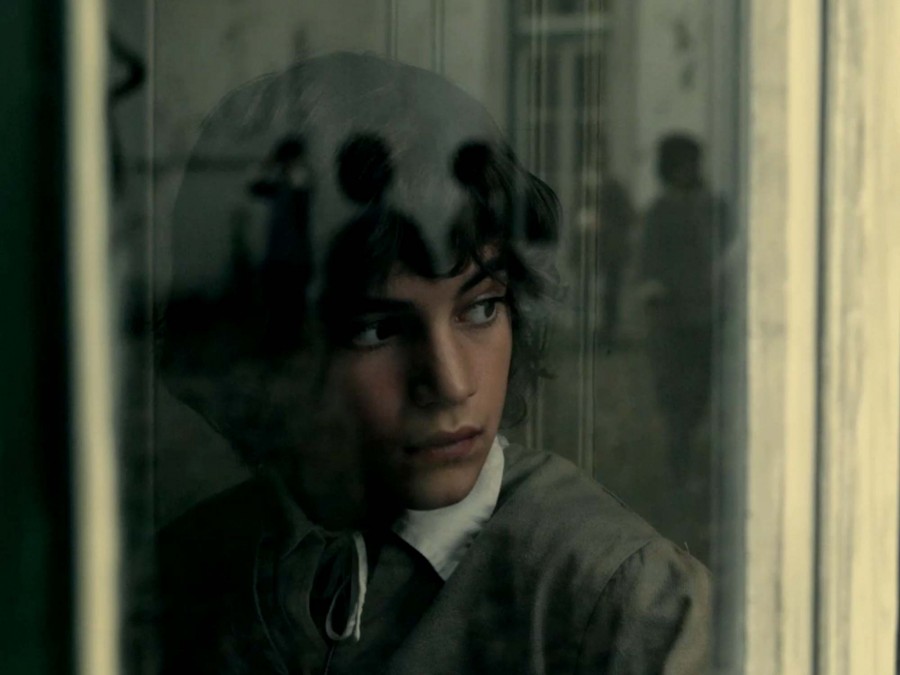
There were persistent rumours that Chilean expat director Raoul Ruiz invested himself fully in some films, while others he simply lost interest half way through and let others tie up the loose end. We’d hazard that his incredible six-part TV serial Mysteries of Lisbon (which was released in UK cinemas as a single film) is one that he took immense care over. Inspired by the 1854 novel of the same name by Camilo Castelo Branco, this winding epic of familial intrigue is full of emotion and intrigue, it’s like the plushest and most perfectly photographed soap opera ever made.
The melancholic truism that photographs are a way for humans to outlive their bodies is the concept at the core of Manoel de Oliveira’s 2012 film which was made when the director was a sprightly 101 years young. The film concerns a photographer who is commissioned to take pictures of a deceased (and stunningly beautiful) young woman, Anjelica, who mysteriously died on her wedding day. To confuse the mixed-up desires of this upstart artist, his subject (or possibly her ghost?) comes to life as soon as he peeks through his viewfinder. It’s an intoxicating and subtly complex riddle on the naturally rejuvenating properties of cinema.
Before Computer Chess came along in 2013, Andrew Bujalski was known to all and sundry as ‘that mumblecore guy’ – now (at least to us) he’s ‘that mumblecore guy who made one of the most surprising and best films of the decade’. Set in the ’80s over a weekend-long chess tournament contested by a group of computer programmer supernerds, this ultra lo-fi micro marvel from the Beeswax and Mutual Appreciation director arrived completely out of left field and left us singing the praises of a filmmaker seemingly channelling the experimental spirit of Robert Altman. Read the review
Most would be hard pressed to select the best ever Juliette Binoche performance, but there’s no doubt that her central turn Abbas Kiarostami’s astonishing walking-and-talking two hander, Certified Copy, would be close to the top of the stack. The film itself is a balancing act of nuance and inflection, with the director asking us interrogate the nature of the relationship being placed before us as it twists, writhes and alters from scene to scene. Read the review
That title is of course ironic, as what Jafar Panahi aims to prove with this intimate portrait of creative imprisonment is that a “filmmaking ban” is a punishment that is wholly impossible to uphold. He illustrates this through a range of means, whether capturing the innately cinematic and dramatic goings on of his direct environs, or talking through the plot of an unmade film which was deemed too problematic by the state. A major act of political defiance which proves that, when it comes to heartfelt self-expression, you can’t keep a good man down. Read the review
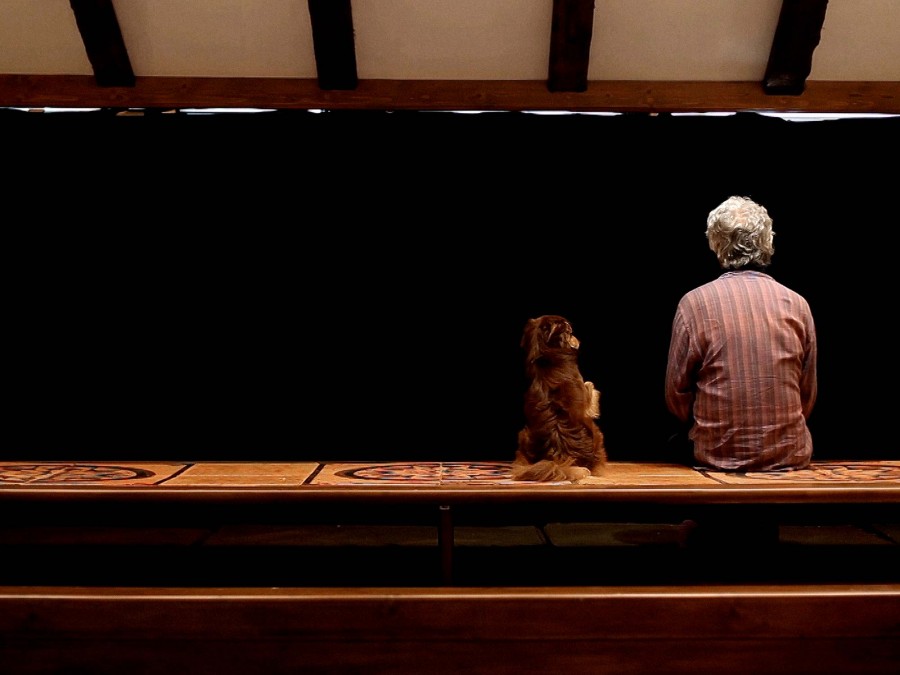
The second film Iranian director Jafar Panahi has made while under strict instructions from his government to desist from making films, this one is a slightly more fleshed out production than his previous, This Is Not a Film, yet it still betrays all the hallmarks of a film made under oppressive restrictions. This autobiographical tale concerns a man and his dog who hole themselves in a house, close all the curtains, while he proceeds to get some screenwriting done. The film is then thrown into sharp relief, mutating into something else entirely, when a mysterious female character pays a visit. Read the review
I once went home with a man I met at a bus stop because he said that he also loved Don Hertzfeldt’s 62-minute animation about the ailing health of a stickman named Bill. When it came out on a very limited release in 2012, I saw It’s Such A Beautiful Day three times and each time felt closer to understanding the secrets of the universe. It’s all there: the silly embarrassments, the stupid humour, the inherited suffering, the desire for love, the isolation, the yearning, the memories, the bursts of tranquility, all evoked with basic line drawings amped up by flashes of Malickian nature photography underscored, fittingly, with the greats of classical music. Read the review
The story of how Harvard coding whizz Mark Zuckerberg birthed the social media behemoth that would become the template for global human communication in the 21st century, The Social Network is not only remarkable for its timeliness but for the way director David Fincher and screenwriter Aaron Sorkin’s derive first-rate drama from seemingly ordinary and mundane situations – Andrew Garfield’s “you better lawyer up, asshole!” tirade being our favourite of many memorable examples. Zodiac is Fincher’s best film, but The Social Network runs it a close second. Read the review
Conventional plots are so 2004. Following a long stretch of professional silence, Taiwan’s Hou Hsiao-Hsien returned with a singular and majestic take on the martial arts movie. Though ostensibly about a female assassin embroiled in familial and political intrigue during the Tang dynasty, everything that makes its way into the frame is of vital importance, from the wafts of smoke, the arching tree-line, the shafts of morning light or the gorgeous interior drapes. Indeed, if this was a poll of the decades best on-screen furnishings, this was surely be in with a crack at the top spot.
Todd Haynes’ critical darling deservedly rides high in this survey, a testament not only to the immaculate beauty of its construction and artistry, but to the gentle vehemence with which it tackles its central themes what we talk about when we talk about love. Cate Blanchett whisks harried bourgeois fury into the title role, while Rooney Mara answers any detractors she might have by delivering a performance that’s unshowy but heaving with nuance and barely exhumed emotion. Read the review
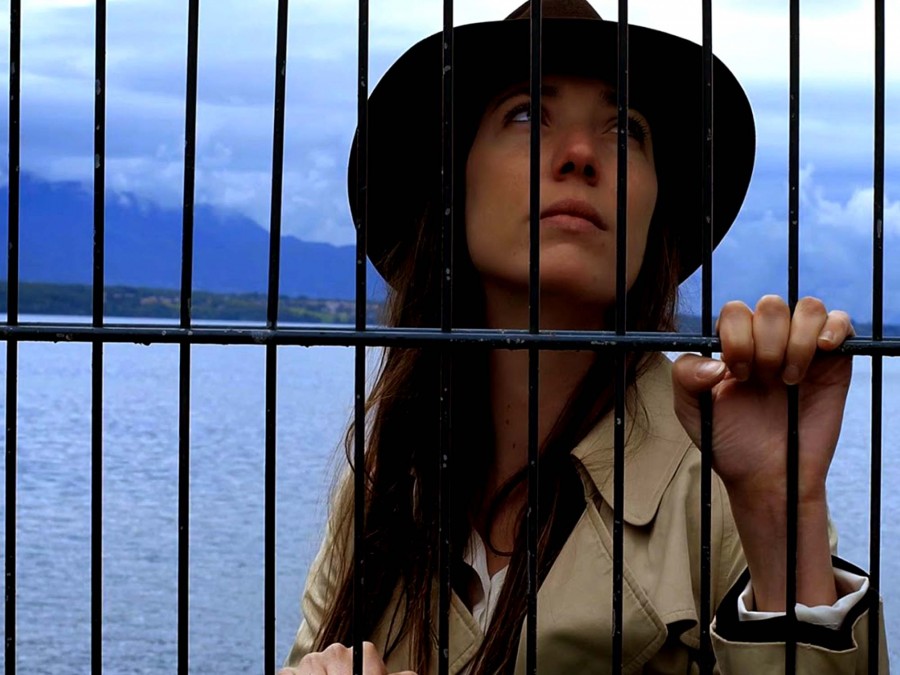
Goodbye indeed. In the years leading up to the release of Jean-Luc Godard’s 75-minute cavalcade of sounds, images and ideas, there was evidence to suggest that the director had long been trying to formulate the best parting gesture for the process of conventional written and spoken communication. Yet the “language” referred to in the title is also the language and grammar of cinema itself, as JLG does everything in his vast power to realign the norms of how we read a movie, and it’s a dazzling feat. Read the review
For a film which makes the case for the individual being alone in an unfeeling universe, it’s hearteningly ironic that Kenneth Lonergan’s Margaret was saved from being entirely swept under the rug by a band of critics going by the contemporary moniker of #TeamMargaret. Following months of speculation regarding its runtime, who was editing it, whether it would receive a festival premiere and whether it director had even approved the final version, the film which was finally released assured that the long wait for Lonergan to follow-up his excellent You Can Count on Me was more than worth it. A rambling existential parable in the Eric Rohmer mould, the film sees Anna Paquin’s entitled brad Lisa suddenly change her stripes when she witnesses a woman killed in a bus crash, possibly the result of her distracting the driver. It rejects a clean narrative arc in favour of watching Lisa unpick this tough ethical conundrum. Read the review
Thirty years after Australian visionary George Miller took the throttle off his post-apocalyptic action franchise with Beyond Thunderdome, audiences received another hard shot of adrenaline and diesel with 2015’s Mad Max: Fury Road. Throughout the film’s troubled production history, perhaps the most encouraging news for fans of the original trilogy was the casting of Tom Hardy as the eponymous road warrior. But, as it turned out, it was Charlize Theron who really put the pedal to the metal as skinhead MVP, Imperator Furiosa, giving the film an unexpected feminist twist. As unadulterated joyrides go, they don’t come much better than this. Read the review
What is the mark of a truly great director? Using Miguel Gomes’ 2012 feature Tabu as an example, you could say that it’s the ability to make your viewer weep salt tears by playing a Ramones cover of ‘Baby, I Love You’ on your soundtrack. This two part exploration into personal and collective memory sees a elderly Portuguese housewife struck by a fever dream in her dying moments as she recalls her youth in Cape Verde which just happens to resemble the tales of loved-up colonials spun by Merchant Ivory. A perfect fusion of the ironic and the sincere. Read the review
Remembering profound experiences takes you right back to when they happened. I was at the Human Rights Watch Film Festival in 2013 when Joshua Oppenheimer’s film revealed the radical power of humanistic journalistic documentary making. To engage with the boastful perpetrators of the 1965 Indonesian genocide and emerge with harrowingly detailed testimonies is bold enough. To weave those testimonies into an imaginative cinematic story elevated by philosophical and psychological insight into what enables a human to kill another human is a raising of the bar for all pursuing a better world. Read the review
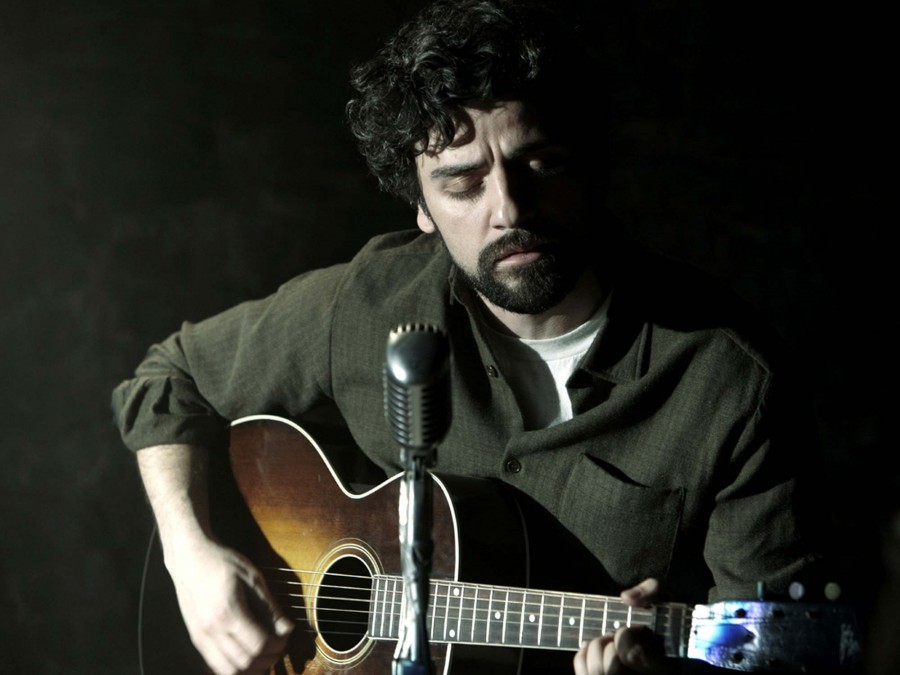
Oscar Isaac has been in demand ever since the Coen Brothers cast him as ’60s folk singer, Llewyn Davis. The film’s colours have a matte quality conjuring the coldness that surrounds our anti-hero as he touts his music to an ambivalent world. Hilarious sequences [‘Outer … Space’] are all grounded by Llewyn’s sardonic temperament. Adam Driver, Carey Mulligan, and a marmalade cat named Ulysses are on astonishing form. The flake of backstory that nestles into place at the half-way point transforms an acerbic comedy into one of the saddest and most sincere character dramas that the Coens have ever made. Read the review
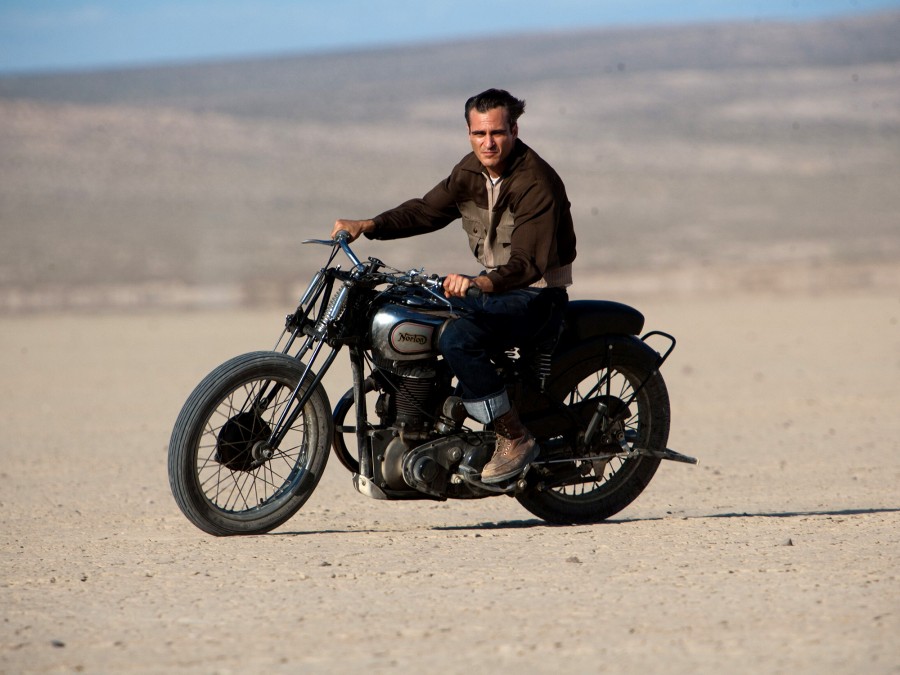
The crossover between The Church of Scientology and Paul Thomas Anderson’s 1950s-set film about an organisation called The Cause is there for all to see. But the processes by which a messianic leader tries to intervene in the fate of a traumatised World War Two vet is but a foil for exploring a twisted, touching, tortured relationship. Each man has his obsessions, each is delighted by the other. Philip Seymour Hoffmann and Joaquin Phoenix give wondrous layered performances. When Hoffman sings, ‘I’d like to get you on a slow boat to China’ it feels like a hymn to love pulled apart by the world. Read the review
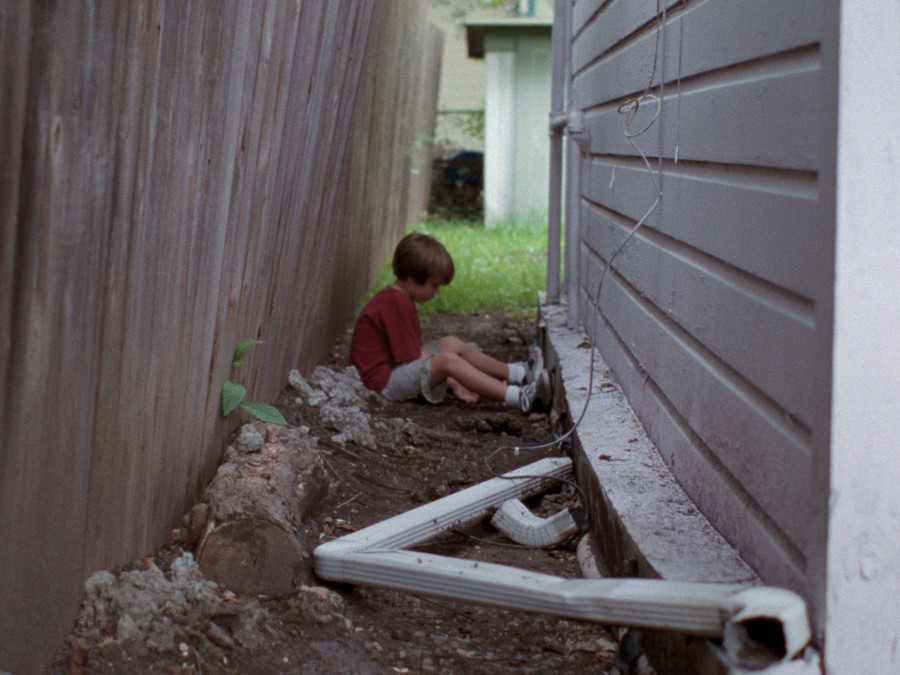
The star of Richard Linklater’s Boyhood is not the boy (Ellar Coltrane), his mum (Patricia Arquette), his dad (Ethan Hawke) or his sister (Lorelei Linklater). It’s not his friends or the girl he sleeps with or the passions that slowly form. The star is time itself: the 12 years over which the film was made; the meaningful moments that erupt then pass, the sense that Linklater has captured the bittersweet force that propels us all onwards, holding us in its immutable logic until we’re gone. Read the review
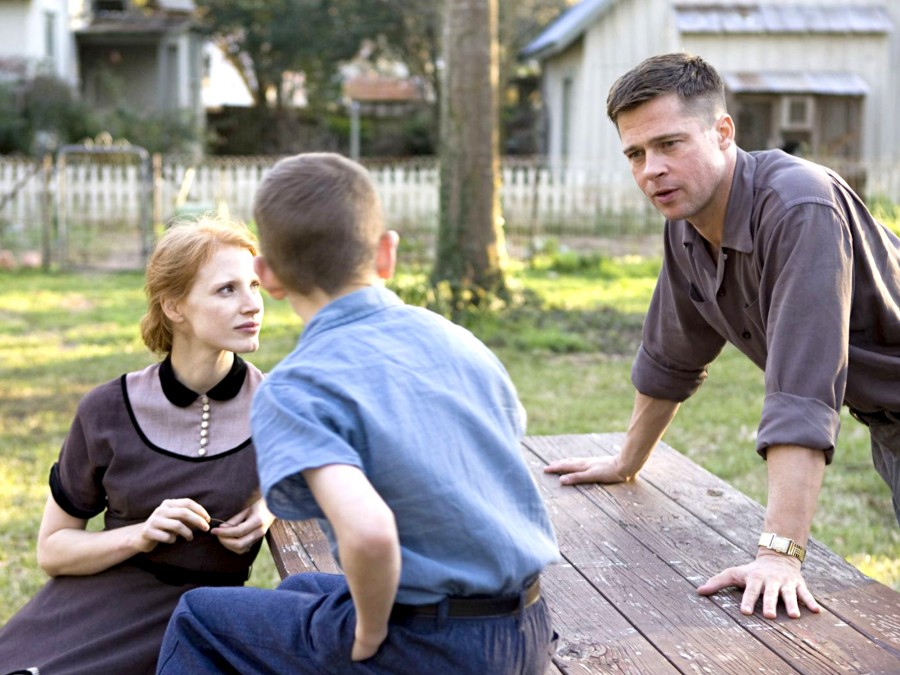
For those who value such things, there’s a consensus growing which suggests that the director Terence Malick might be running on creative vapours at the moment. His follow-up to The Tree of Life, To The Wonder, seemed to cement a grudging scorn afforded in some quarters to his majestic Palme d’Or winner, while his most recent work, Knight of Cups, looks to be a commercial write-off even before it has been officially let out the traps. But The Tree of Life is a film which bellows to the rafters with elation and disenchantment on the folly of human existence. It’s a yellowing photo album brought to life and the culmination of a grand artistic corpus. While it boasted big movie stars like Brad Pitt and Sean Penn, this film extracts the essence of science fiction, social realism, family drama and even underground experimentation to forge a glorious, panoramic splash painting of unbridled emotional honesty. It attempts to answer The Big One: what the hell are we all doing here? Read the review
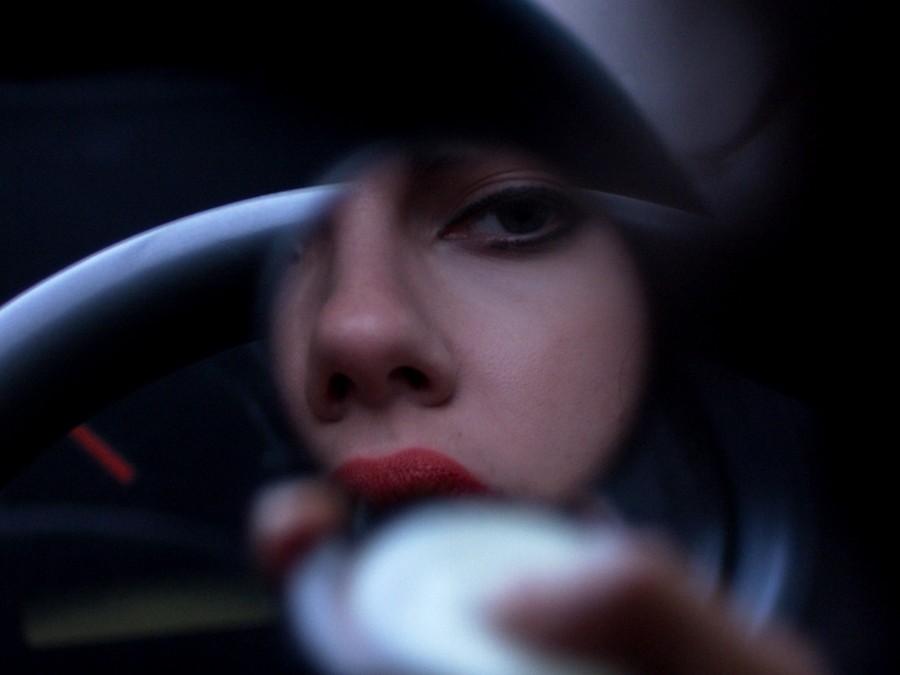
Defining what makes an enduringly great film is a subjective business. One measure that leans towards objectivity is whether a film reveals everything it has on first viewing. Under the Skin does no such thing. Jonathan Glazer has crafted a cinematic experience built to withstand countless watches. It plays on contrasts in sensuality. Mica Levi’s score is a combination of somber bass drums and abrasively shrill strings, the alien’s lair features a semi-clad siren padding across a viscous black swamp, Glasgow is shown as an ugly urban sprawl surrounded by breathtaking natural vistas, mega-star Scarlett Johansson drives a bland transit van.
Images and sounds and events combine with hypnotic power but what is it all about? An alien that wants to undo her deadly nature? The difficulty of forming connections with humans? Even though some of the best post-film conversations I’ve ever had have involved people sharing their radically different interpretations of Under the Skin, hacking to the heart of its narrative doesn’t matter. What matters is the exhilarating feeling that you’ve been to another world and seen life from a new perspective. No doubt everybody that helped vote this film in at number one has done so for their own reasons and this is what makes Under the Skin great: its ability to unite us in our otherness. Read the review
What have been your favourite films of the decade so far? Check out our contributors’ personal lists and leave yours below or tweet it to us @LWLies
Published 5 Jan 2016
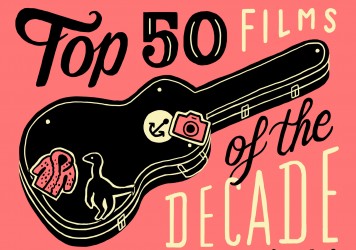
Before you get stuck into another bumper year of new releases, check out these great movies you might have missed.
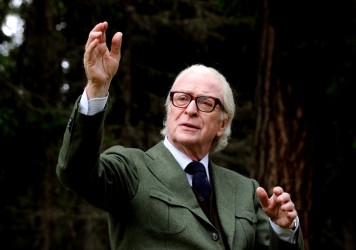
From Michael Caine conducting to a cartoon sausage, check out which releases are hot on our radar for the year ahead.

From Mad Max to Sunset Song, find out what came out on top in our annual countdown of the year’s best releases.